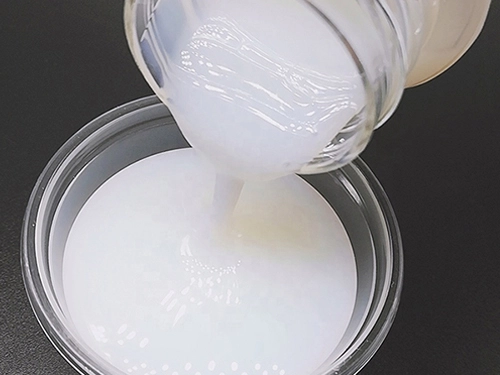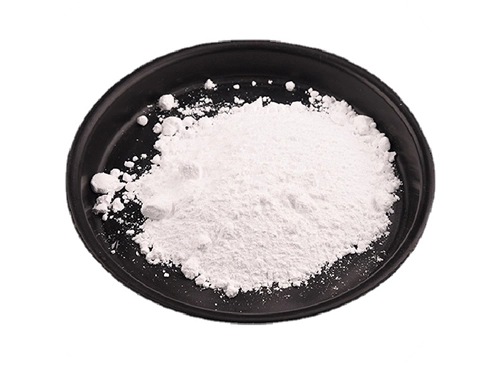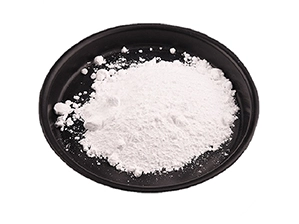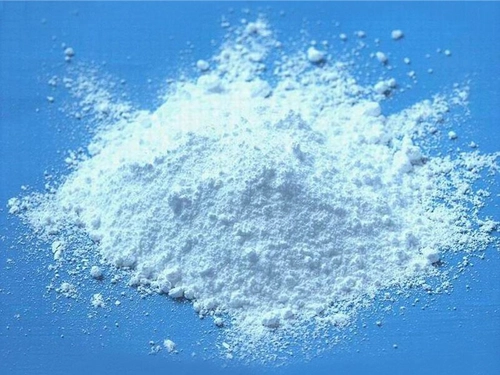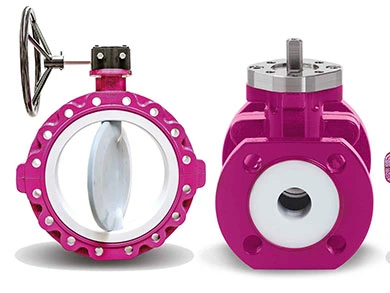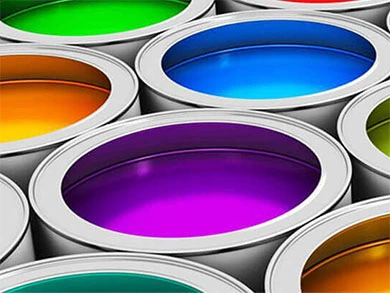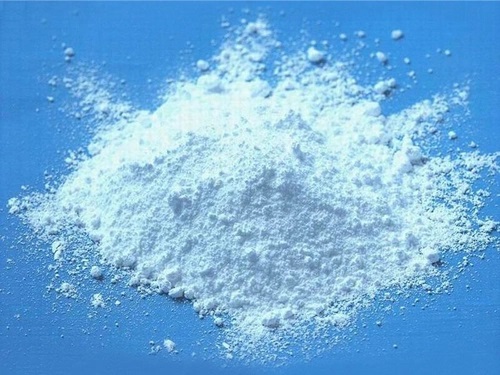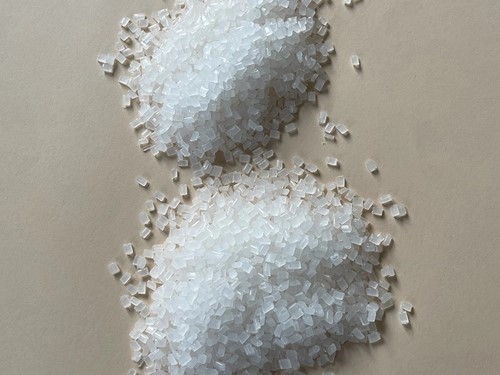Fluoropolymers are a class of high-performance plastics characterized by their strong carbon-fluorine bonds, which impart exceptional chemical resistance, thermal stability, and low friction properties. In the textile industry, fluoropolymers are used for a variety of applications due to these unique properties. Here are some key uses and benefits:
Applications in the Textile Industry
1. Water and Stain Repellency:
Coatings and Finishes: Fluoropolymers are often applied as coatings or finishes to fabrics to make them water and stain repellent. This is particularly useful for outdoor clothing, upholstery, and carpets.
Durable Water Repellent (DWR) Treatments: These treatments are commonly used in outdoor and performance apparel to ensure that the fabric remains breathable while repelling water.
2. Protective Clothing:
Chemical Resistance: Fluoropolymer-treated fabrics are used in protective clothing for workers in hazardous environments, such as chemical plants, due to their resistance to a wide range of chemicals.
Fire Resistance: Some fluoropolymers can enhance the fire resistance of textiles, making them suitable for use in firefighting gear and other flame-retardant applications.
3. Industrial Applications:
Filtration: Fluoropolymer fabrics are used in industrial filtration systems due to their ability to withstand harsh chemical environments and high temperatures.
Conveyor Belts: In manufacturing processes, fluoropolymer-coated conveyor belts are used for their non-stick properties and durability.
4. Medical Textiles:
Biocompatibility: Certain fluoropolymers are biocompatible and are used in medical textiles, such as surgical gowns and drapes, to provide a barrier against fluids and pathogens.
Benefits of Fluoropolymers in Textiles
1. Chemical Resistance:
Fluoropolymers are highly resistant to a wide range of chemicals, making them ideal for use in environments where exposure to harsh substances is common.
2. Thermal Stability:
These materials can withstand extreme temperatures without degrading, which is beneficial for both high-temperature industrial processes and low-temperature outdoor applications.
3. Low Friction:
The low friction properties of fluoropolymers reduce wear and tear on fabrics, extending their lifespan.
4. Non-Stick Properties:
Fluoropolymers have excellent non-stick properties, which prevent the adhesion of dirt, oils, and other contaminants, making cleaning easier.
5. UV Resistance:
They offer good resistance to UV radiation, which helps in maintaining the integrity and appearance of textiles exposed to sunlight.
Environmental and Health Considerations
While fluoropolymers offer many benefits, there are environmental and health concerns associated with their use, particularly related to the production and disposal of per- and polyfluoroalkyl substances (PFAS), which are a subset of fluoropolymers. These substances are persistent in the environment and have been linked to various health issues. As a result, there is ongoing research and regulatory scrutiny aimed at finding safer alternatives and improving the sustainability of fluoropolymer use in textiles.
Conclusion
Fluoropolymers play a crucial role in enhancing the performance and durability of textiles across various industries. Their unique properties make them invaluable for applications requiring chemical resistance, thermal stability, and water repellency. However, it is important to balance these benefits with environmental and health considerations, driving the need for continued innovation and responsible use.



